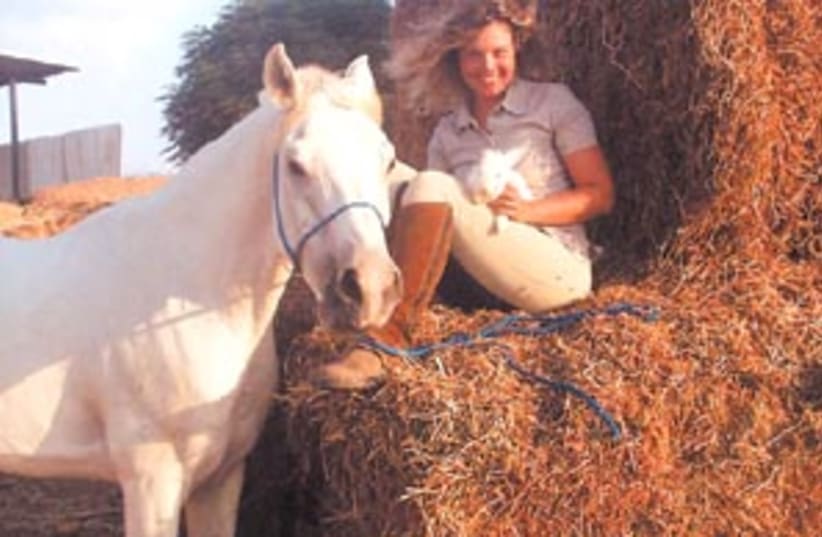| More about: | Tel Aviv University, Long Island, Beit Yehoshua, Netherlands |
Horses for therapy courses
Horseback riding provides a myriad of benefits for all types of riders.


| More about: | Tel Aviv University, Long Island, Beit Yehoshua, Netherlands |